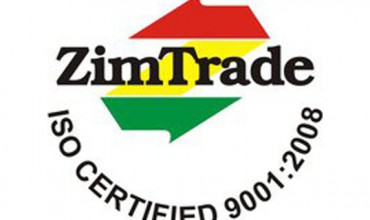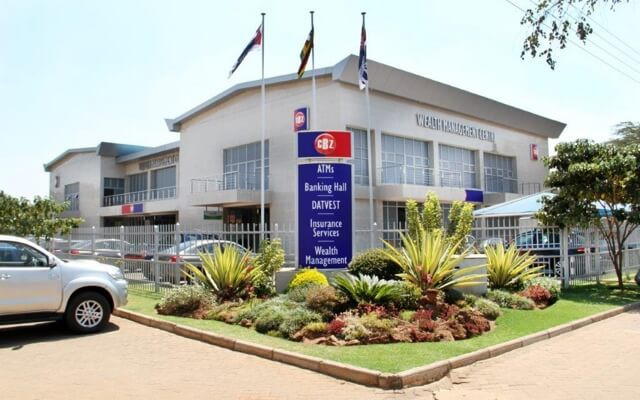
BY MTHANDAZO NYONI
ZIMBABWEAN manufacturers have been urged to set up their own distribution centres and take advantage of an array of incentives introduced by the Botswana government.
ZimTrade, the national trade development and promotion organisation, revealed that Botswana is largely an open market economy, with the business environment being highly facilitative of trade and investment for both local and foreign players.
According to the World Bank Ease of Doing Business Report 2019 report, Botswana is ranked 86 out of 190, which indicates favourable conditions for local businesses to trade with Botswana.
“For example, there is low general tax rate as resident companies pay company tax at 22% of the taxable income and the general rate of withholding tax is 7.5% on all dividends distributed,” ZimTrade said.
“In addition, subject to approval, manufacturing companies pay tax at 15% of taxable income and there are no foreign exchange controls in Botswana, hence free repatriation of profits, dividends and capital. Further to supplying products to the construction sector, there is potential for Zimbabwean companies to supply services such as engineering and surveying,” it said.
Although agriculture contributes less than 2% to Botswana Gross Domestic Product (GDP), which according to World Bank was US$18,61 billion in 2018, ZimTrade said livestock production, especially cattle, dominates the sector and contributes an estimated 80% to the agricultural GDP.
“For local companies, there is need to develop the beef to leather value chain and process raw hides and skins into high quality leather. As Botswana has no tanneries, finished leather has a high demand in the leather processing industry and Zimbabwe’s eight tanneries can produce enough products to satisfy demand,” ZimTrade said.
- Chamisa under fire over US$120K donation
- Mavhunga puts DeMbare into Chibuku quarterfinals
- Pension funds bet on Cabora Bassa oilfields
- Councils defy govt fire tender directive
Keep Reading
“There is also market for leather products such as handbags, belts and footwear. The list of export opportunities to Botswana is endless.” ZimTrade said Zimbabwean products were of good quality and this was the time for local companies to re-establish dominance in the Botswana market. Botswana exports most of its locally produced products and has been able to record a trade surplus since 2016.
According to Trade Map, total exports in 2018 were US$6,57 billion against total imports of US$6,17 billion, creating a trade surplus of US$404 million.
Although recording a surplus, Botswana is highly dependent on imports for most of its key requirements such as beverages, cereals, fresh produce and processed foods, which provides a market for Zimbabwean products.
Botswana presents a ready market for fast-moving consumer goods such as dairy products, confectioneries, condiments and cordials, the organisation said.
“Supplying directly to the retailers or through distributing partners, Zimbabwean companies have potential to export mainly processed foods such as pork products, tinned foods, cereals, milk and milk- based products, cordials, biscuits, and sweets. Botswana is also a net importer of fresh produce that local exporters have capacity to supply,” it said.
Trade Map indicates that total imports of fresh produce were US$60.25 million in 2018, up from US$54.81 million in 2017.











